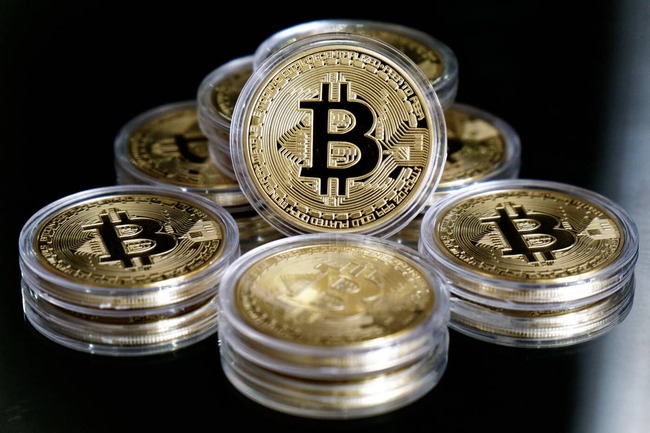Highlights:
- Texas launches first state-funded Bitcoin reserve with $10 million allocation.
- Reserve will be managed separately from the main state treasury for transparency.
- The move may inspire wider Bitcoin adoption and similar steps by other governments.
Texas has become the first U.S. state to establish a publicly funded Bitcoin (BTC) reserve, following the signing of Senate Bill 21 by Governor Greg Abbott over the weekend. Unlike Arizona and New Hampshire, which passed similar measures without financial backing, Texas has allocated $10 million to support the initiative.
BREAKING: TEXAS TO BUY $10 MILLION WORTH OF #BITCOIN FOR STRATEGIC RESERVE – COINDESK
IT COULD BE THE 1st STATE TO BUY BTC. ABSOLUTELY MASSIVE 🔥🔥🔥 pic.twitter.com/rh4YNC7JgN
— The Bitcoin Historian (@pete_rizzo_) June 23, 2025
The new law instructs Texas to establish a Bitcoin reserve that will operate separately from the state’s main treasury. The reserve will be overseen by the state comptroller, with support from a three-member crypto advisory committee. In addition to direct Bitcoin purchases, the fund may also grow through forks, airdrops, earnings, and public contributions. A comprehensive public report on the reserve’s performance will be published every two years.
🇺🇸 JUST IN: Texas Governor Greg Abbott signs Bitcoin Reserve bill SB 21 into law.
Texas is now the third state with a Bitcoin Reserve. pic.twitter.com/2JJOc7anf4
— Bitcoin Laws (@Bitcoin_Laws) June 21, 2025
Texas Leads the Way with Fully Funded Bitcoin Reserve
Texas is setting itself apart from states like Arizona and New Hampshire, which passed similar crypto bills but failed to provide actual funding for their reserves. The $10 million may seem small, just 0.0004% of Texas’s total budget. But experts say it’s an important step forward. According to Lee Bratcher, president of the Texas Blockchain Council, the move shows Texas is serious about playing a leading role in the financial future. The law allows only cryptocurrencies with over $500B market cap—right now, only Bitcoin qualifies.
Texas’s decision could play a major role in shaping how Bitcoin is viewed and adopted nationwide. This move could help build trust among big investors and companies, leading to wider Bitcoin use. Several countries now hold Bitcoin, including China, El Salvador, and Bhutan. Others like Pakistan, Brazil, the Czech Republic, Ukraine, and Russia are exploring the idea of building a national Bitcoin reserve.
Texas Tightens Crypto Laws While Protecting Its Bitcoin Reserve
Along with signing Senate Bill 21, Governor Abbott also approved House Bill 4488. This bill ensures that the state’s Bitcoin holdings remain separate and aren’t accidentally absorbed into the general budget during any financial adjustments. In short, Texas wants to keep its Bitcoin reserve secure and untouched. This step comes as the Trump administration develops plans for a national crypto reserve. However, the federal approach is expected to rely on seized crypto assets or bond issuance rather than direct state funding.
#Texas governor signs bill to protect state #Bitcoin reserve as a permanent fund if established.
The proposed Bitcoin reserve bill, SB21, could automatically become law if Governor Abbott takes no action by June 22. Thats 2 days away.Texas Governor Greg Abbott has passed House… pic.twitter.com/jOdVhBKq1M
— MartyParty (@martypartymusic) June 21, 2025
Moreover, on June 20, Texas passed Senate Bill 1498, a bipartisan law allowing police to take digital assets like Bitcoin, NFTs, and stablecoins linked to crimes. The law takes effect on September 1. Assets can be seized if used in or earned from crimes like drug dealing, fraud, theft, organized crime, or human trafficking. The state can also claim any profit made from the time the asset was gained to when it is seized.
Best Crypto Exchange
- Over 90 top cryptos to trade
- Regulated by top-tier entities
- User-friendly trading app
- 30+ million users
eToro is a multi-asset investment platform. The value of your investments may go up or down. Your capital is at risk. Don’t invest unless you’re prepared to lose all the money you invest. This is a high-risk investment, and you should not expect to be protected if something goes wrong.






